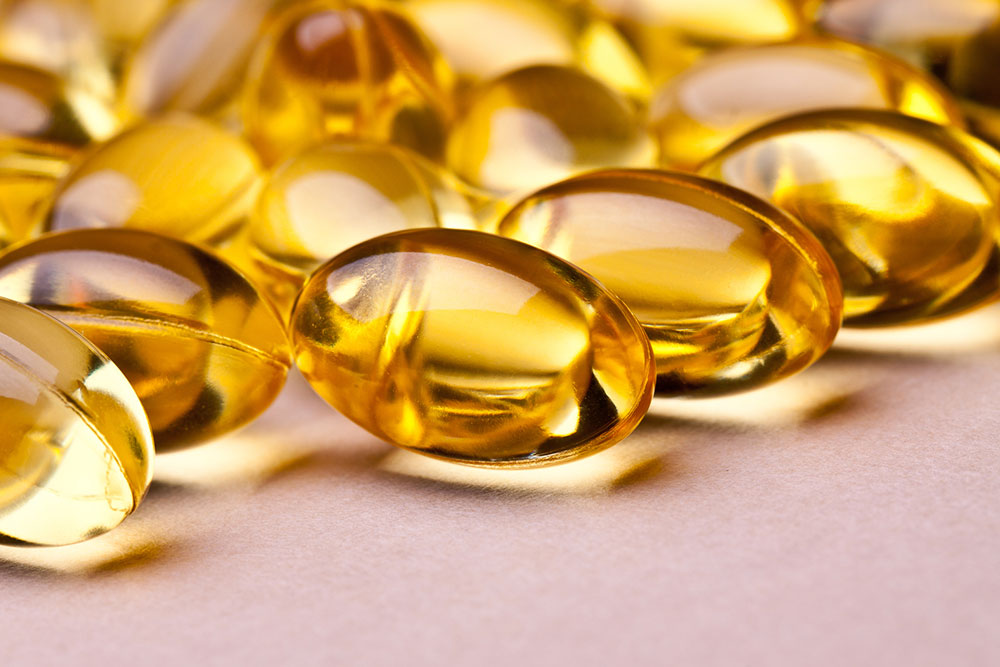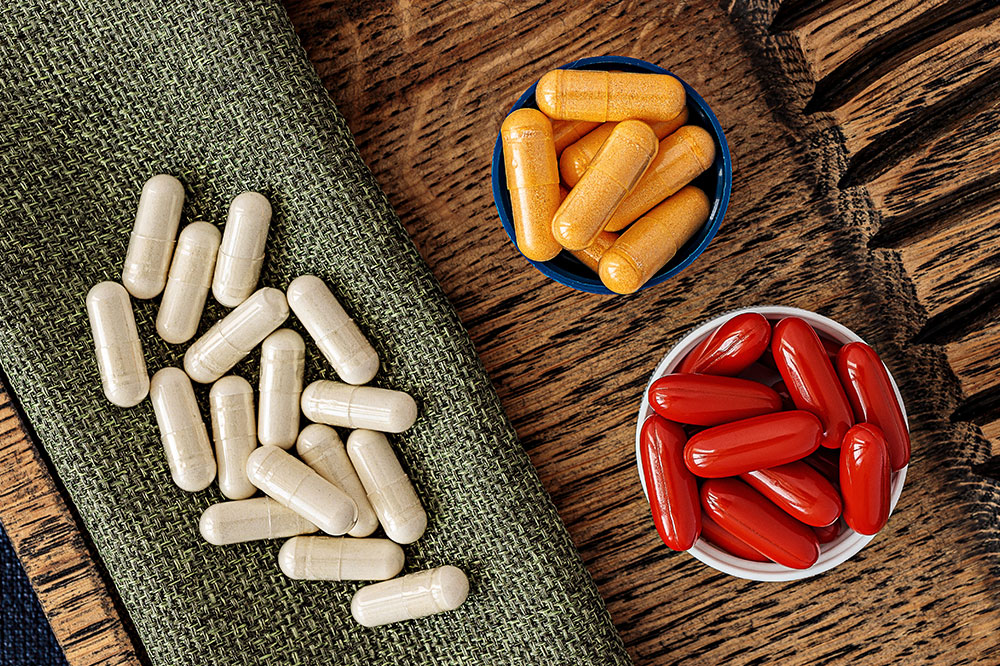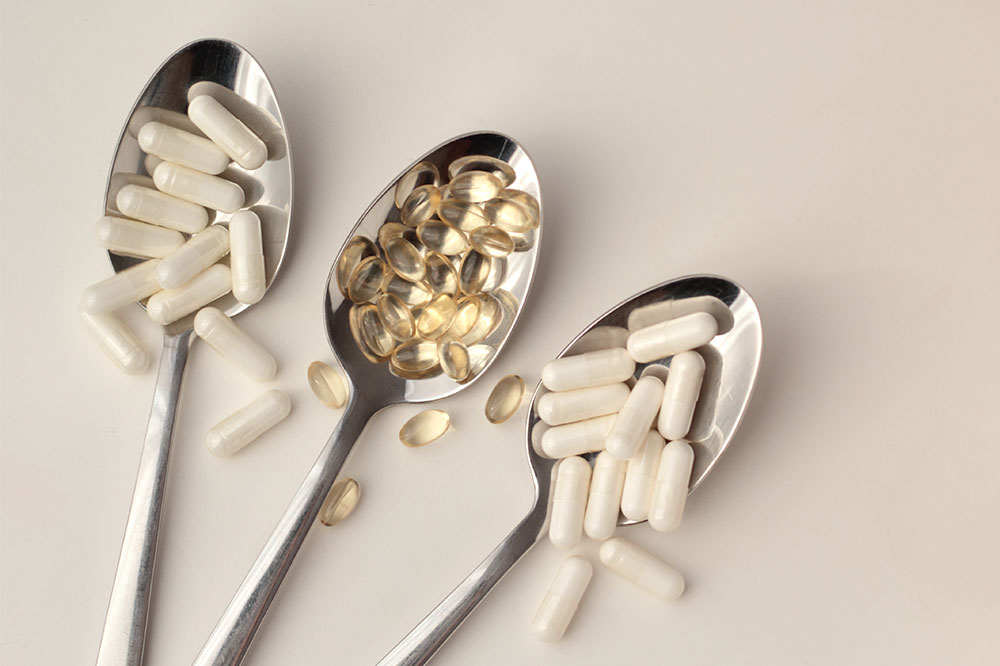Essential Natural Vitamins to Boost Overall Health and Wellbeing
Discover the most essential natural vitamins that support comprehensive health and wellness. This detailed guide highlights key nutrients like Vitamin A, B complex, C, D, E, and K, their natural sources, benefits, and tips for supplementing safely. Incorporating these vitamins through diet or supplementation can significantly enhance immune function, energy levels, and overall well-being, making it an indispensable resource for those aiming to optimize their health naturally.

Vital Natural Vitamins for Holistic Wellness
Vitamins are indispensable nutrients that play a pivotal role in maintaining our overall health, supporting growth, development, and immune function. As individuals progress from childhood into adulthood and beyond, their nutritional needs evolve, often requiring more than what a standard diet provides. While consuming a balanced diet rich in fruits, vegetables, grains, and proteins is fundamental, many people find that they need additional supplementation to meet their body's increasing demands. Natural vitamins derived from food sources are preferred for their bioavailability and safety. This comprehensive guide explores the most essential natural vitamins vital for promoting optimal health and how you can incorporate them into your daily routine.
Understanding which natural vitamins are crucial for maintaining health can help you make informed dietary choices.
Vitamin A (Retinol): A fat-soluble vitamin integral for vision, immune function, and cellular growth. Natural sources include pumpkins, sweet potatoes, carrots, spinach, fish, and dairy. The body converts carotenoids found in yellow and orange vegetables and fruits into active Vitamin A. Adequate intake is necessary to prevent night blindness and immune deficiencies. However, excess vitamin A can lead to toxicity, causing symptoms such as nausea, dizziness, and even liver damage.
Vitamin B Complex: Comprising eight water-soluble vitamins, these are vital for energy metabolism, neurological health, and red blood cell production. Each has unique dietary sources:
Vitamin B1 (Thiamine): Found in potatoes, oats, eggs, and legumes. It prevents deficiencies like beriberi and supports carbohydrate metabolism. Excessive intake generally has low risk but excessive supplement use might cause mild drowsiness.
Vitamin B2 (Riboflavin): Present in bananas, spinach, dairy products, and lean meats. It is crucial for energy production and skin health. Deficiency can lead to sore throat and anemia.
Vitamin B3 (Niacin): Sources include poultry, fish, and nuts. It assists in DNA repair, supports cardiovascular health, and prevents pellagra. Overdose may cause flushing and liver issues.
Vitamin B5 (Pantothenic Acid): Available in avocados, broccoli, and eggs. It supports hormone synthesis and nerve function.
Vitamin B6 (Pyridoxine): Found in chickpeas, bananas, and whole grains. It aids in amino acid metabolism and hemoglobin production.
Vitamin B7 (Biotin): Present in eggs, nuts, and leafy greens. It promotes healthy skin, hair, and nails.
Vitamin B9 (Folate): Abundant in leafy greens, citrus fruits, and fortified cereals. Essential during pregnancy to prevent neural tube defects and support fetal development.
Vitamin B12 (Cobalamin): Found mainly in animal products like dairy, meats, and eggs. It is critical for nerve health and preventing pernicious anemia.
Vitamin C (Ascorbic Acid): Known for its immune-boosting properties, it is prominently found in citrus fruits, strawberries, peppers, and broccoli. Vitamin C is essential for collagen synthesis, wound healing, and maintaining healthy gums. Regular intake supports immune defense and overall cellular health.
Vitamin D (Cholecalciferol): The sunshine vitamin, synthesized in the skin upon exposure to sunlight, and found in fortified foods and fatty fish. It enhances calcium absorption, crucial for bone strength, and prevents disorders like rickets and osteoporosis.
Vitamin E (Tocopherol): Present in nuts, seeds, and vegetable oils, vitamin E acts as a potent antioxidant protecting cell membranes against oxidative stress.
Vitamin K (Phylloquinone): Abundant in leafy greens, spinach, and liver, vitamin K plays a central role in blood clotting and bone metabolism.
While many of these vitamins occur naturally in various foods, some can also be synthesized artificially or through supplementation. When choosing vitamin supplements, always opt for products labeled as “100% natural” and derived from real food sources. Avoid artificial additives, artificial salts, or synthetic compounds, which are often indicated by terms like “chloride” or “nitrate.” Ideally, aim to obtain vitamins through a balanced diet rich in whole, unprocessed foods. Consulting a healthcare professional before starting any supplement regimen is highly recommended, especially if you have underlying health conditions or are pregnant or breastfeeding. Blood tests can help identify specific deficiencies, ensuring that you supplement only what is necessary for your health optimization.





